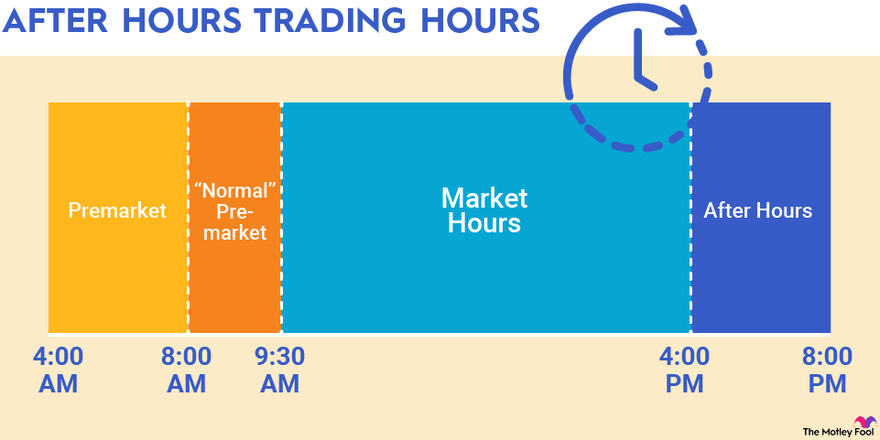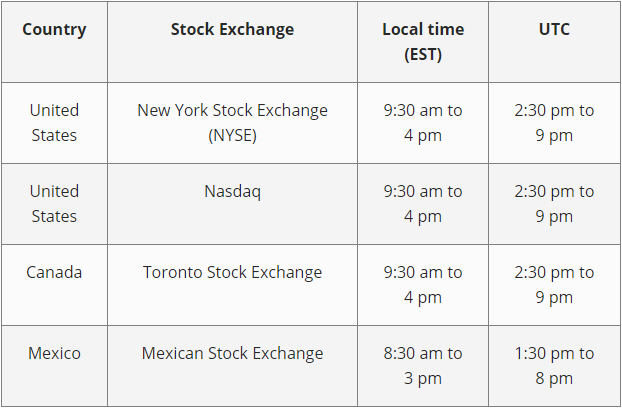When it comes to trading shares, timing is everything. Knowing the best time of day to trade can significantly impact your investment decisions and overall profitability. In this article, we'll delve into the world of stock market hours, exploring the most active trading periods and providing valuable insights to help you optimize your trading strategy.
Stock Market Hours: An Overview
The stock market operates on a fixed schedule, with specific hours for buying and selling shares. In the United States, the major stock exchanges, including the New York Stock Exchange (NYSE) and NASDAQ, are open from 9:30 a.m. to 4:00 p.m. Eastern Time (ET), Monday through Friday. However, these hours can vary depending on the exchange and the type of securities being traded.
Peak Trading Times: When to Buy and Sell
Research has shown that certain times of the day are more conducive to trading than others. The most active trading periods typically occur during the following times:
Morning Session (9:30 a.m. - 11:00 a.m. ET): This period is often characterized by high trading volumes and volatility, making it an ideal time to buy or sell shares. Many investors and traders take advantage of the morning session to react to overnight news and events.
Lunch Break (11:00 a.m. - 12:00 p.m. ET): Trading activity tends to slow down during this period, as investors take a break and reassess their positions.
Afternoon Session (12:00 p.m. - 3:00 p.m. ET): Trading activity picks up again in the afternoon, with many investors looking to adjust their positions before the market closes.
Final Hour (3:00 p.m. - 4:00 p.m. ET): The last hour of trading is often marked by increased volatility, as investors scramble to close out their positions before the market closes.
Additional Factors to Consider
While understanding stock market hours and peak trading times is essential, it's also important to consider other factors that can impact trading activity, including:
Economic Indicators: News and announcements about economic indicators, such as GDP, inflation, and employment rates, can significantly impact trading activity.
Earnings Season: The release of company earnings reports can lead to increased trading activity and volatility.
Global Events: Global events, such as political developments and natural disasters, can impact trading activity and market sentiment.
In conclusion, understanding stock market hours and peak trading times is crucial for optimizing your trading strategy. By knowing when to buy and sell, you can increase your chances of success in the markets. However, it's also important to consider other factors that can impact trading activity, such as economic indicators, earnings season, and global events. By staying informed and adapting to changing market conditions, you can make more informed investment decisions and achieve your financial goals.
Remember, trading in the stock market involves risks, and it's essential to do your own research and consult with a financial advisor before making any investment decisions. With the right strategy and knowledge, you can navigate the stock market with confidence and achieve success in your investment endeavors.








